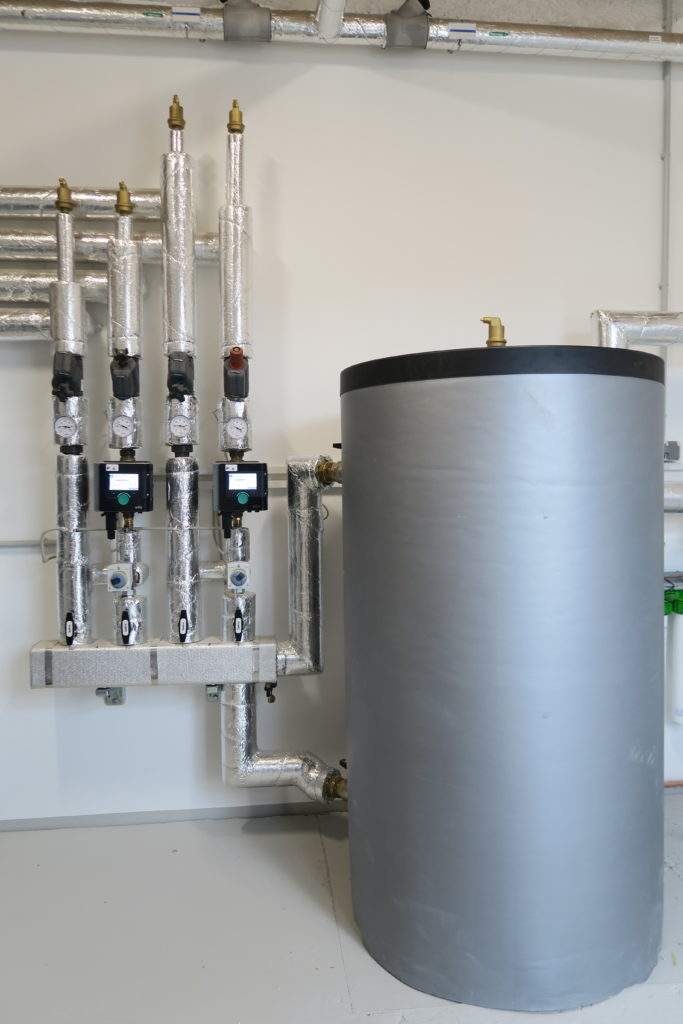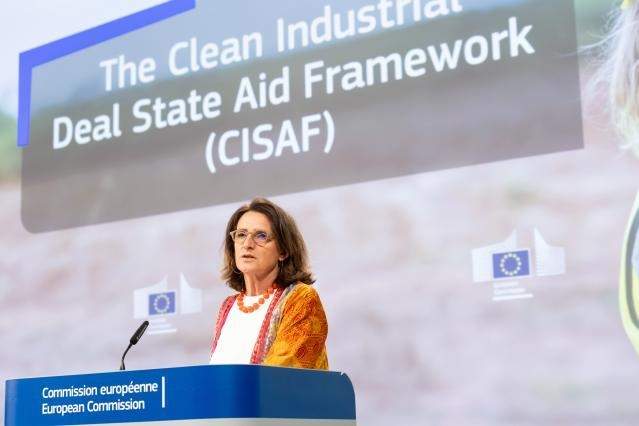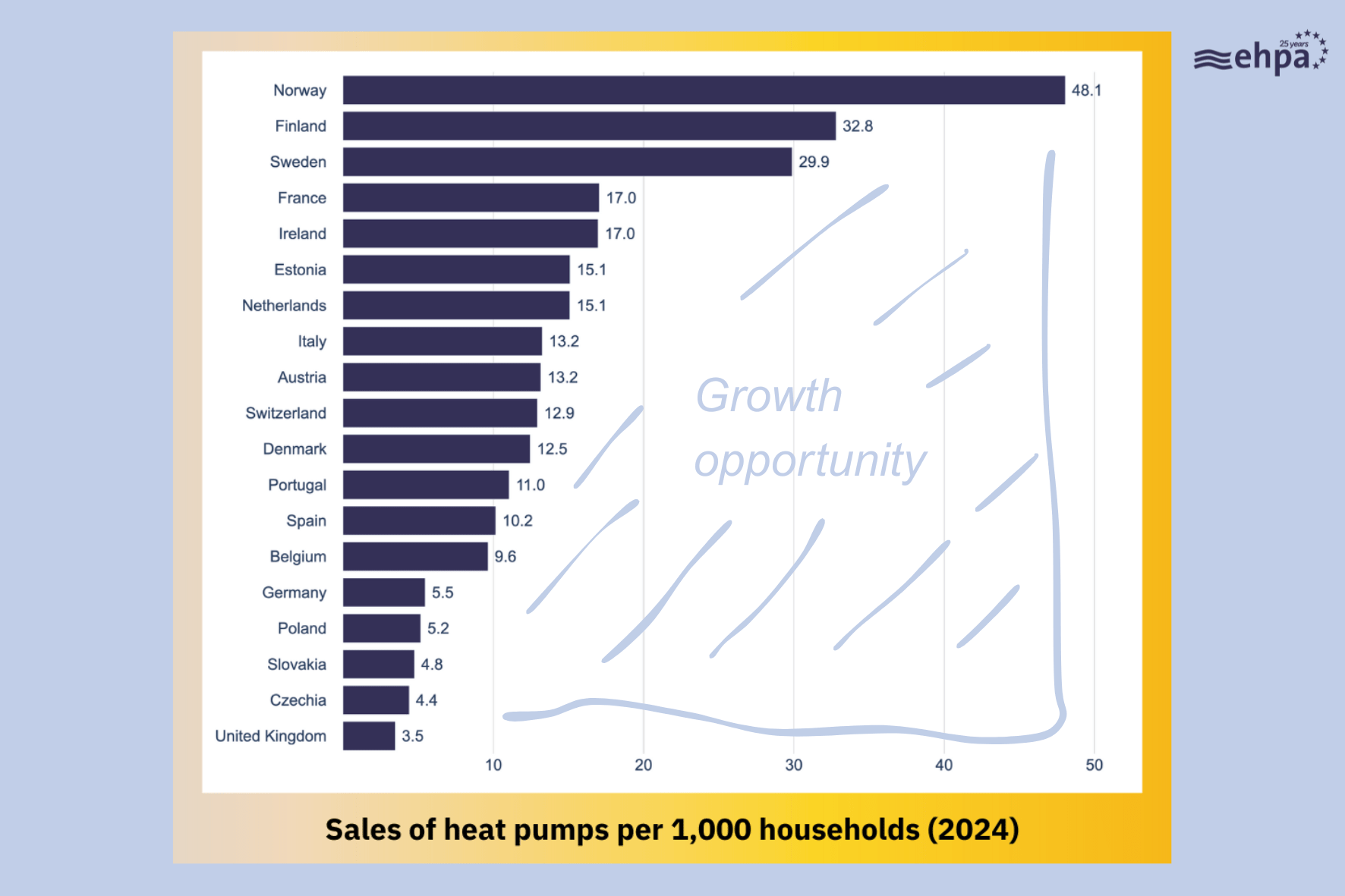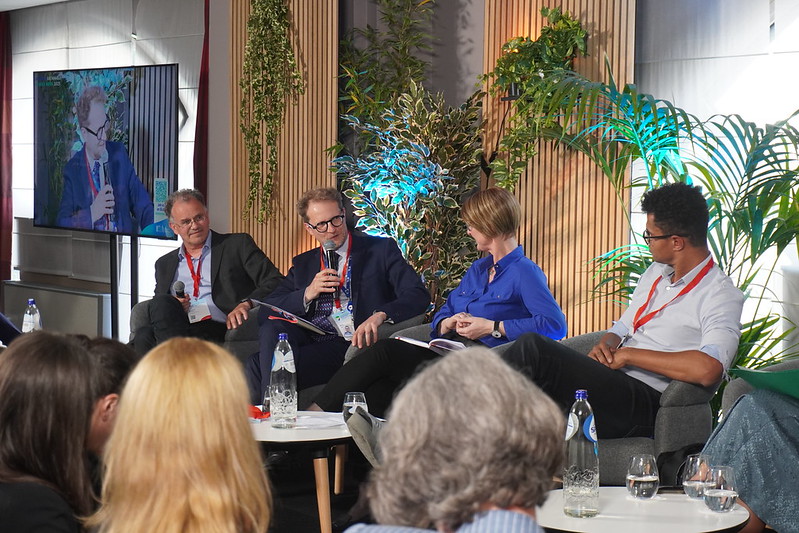
Refrigerant-related Policies
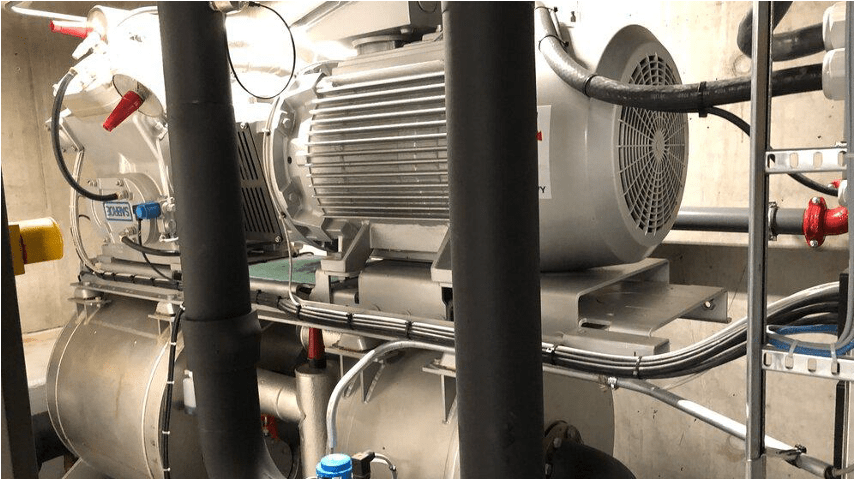
Fluorinated gases (F-gases) are greenhouse gases with a strong global warming effect.
To reduce emissions, the EU adopted the ‘F-gas Regulation’. The Regulation limits the total amount of the most important F-gases that can be sold in the EU from 2015 and organises a phase-down to reach one-fifth of 2014 levels in 2030. The Regulation also bans the use of F-gases in equipment where less harmful alternatives are widely available and requires servicing and recovery of the gases at the end of the equipment’s life.
Heat pumps traditionally use hydrofluorocarbons (HFCs) and hydrofluoroolefins (HFOs) as refrigerants. The F-Gas regulation expects the industry to develop and deploy alternative refrigerants with a lower Global Warming Potential (GWP), in line with the EU climate targets.
The heat pump sector has been committed to switching to non-fluorinated refrigerants whereas technically feasible. Nevertheless, not all heat pumps are the same. Some still need HFCs, as it is currently not possible to deploy non-fluorinated alternatives on certain devices.
In 2022, the EU Commission proposed a revised version of the Regulation which would bring F-Gas use down much faster.
EHPA believes that the F-Gas Regulation has delivered the expected results so far and that no major changes should be made.
This is particularly important in light of the increased heat pump targets under the REPowerEU package, which requires the number of installed heat pumps to quadruple in Europe by 2030.
Every heat pump replaces a fossil fuel boiler, cutting carbon emissions. If there are not enough heat pumps, consumers will choose fossil heating instead.
MEPs and the Council voted on the proposal at the second reading stage in early 2024, after a deal was finally struck at the trilogue level in October 2023.
EHPA is closely following the discussions on this topic.
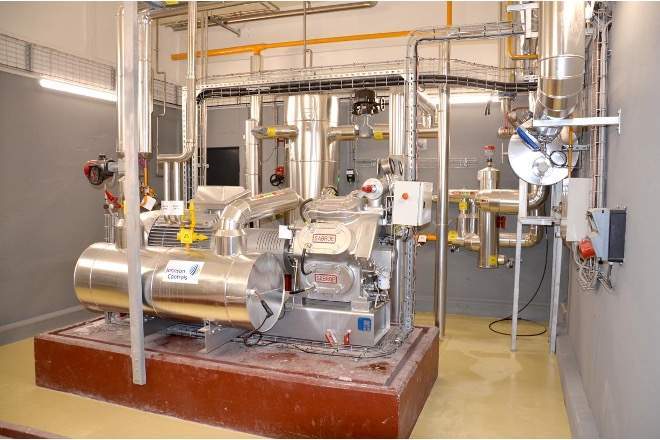
Per- and polyfluoroalkyl substances (PFAS)
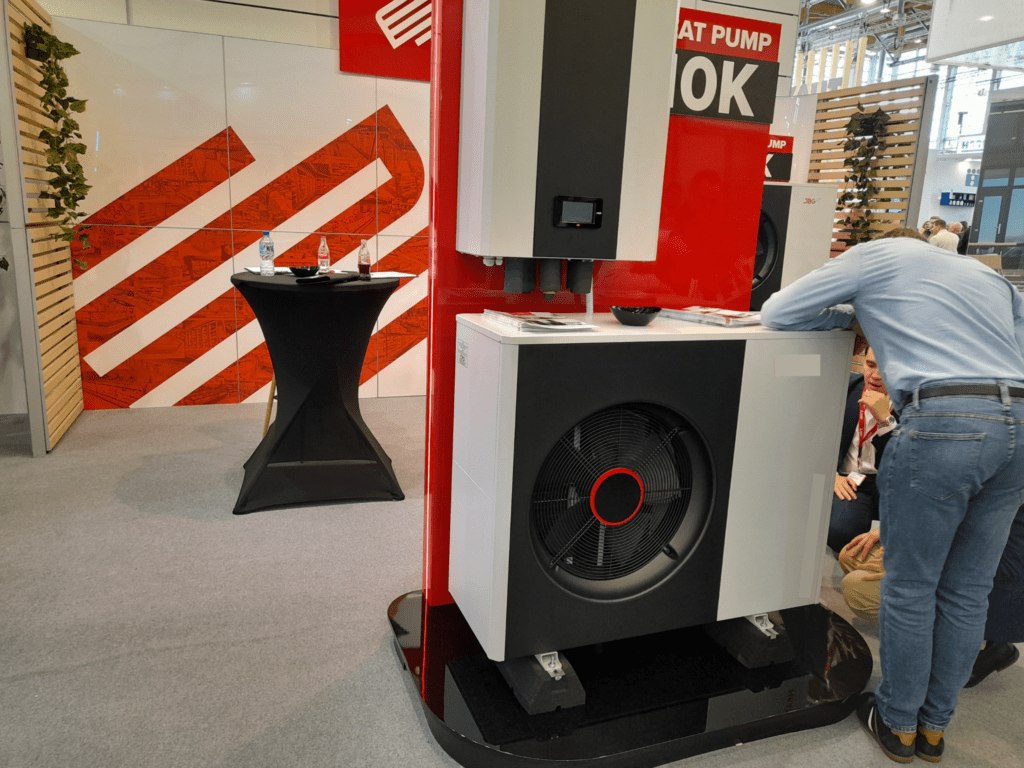
The European Heat Pump Association (EHPA) responded to the public consultation opened by the European Chemicals Agency (ECHA) on the proposal to restrict per- and polyfluoroalkyl substances (PFAS) under the EU chemicals regulation REACH.
In January 2023, the national authorities of the Netherlands, Germany, Sweden, Denmark and Norway submitted their Restriction Proposal to the European Chemicals Agency (ECHA). The proposal aims to restrict manufacturing, the placing on the market (including import) and the use of certain substances in Europe.
The list covers over 10,000 substances, including Fluorinated gases (F-gases) and fluoropolymers that are used for heat pump equipment. EHPA provided an overview of how heat pump technology works, and its importance for society, as well as for the EU’s energy, climate and energy security targets.
EHPA believes that several aspects need to be considered when opting for the most suitable heat pump solution for any given use case. Among the diversity of technological solutions in play, refrigerants are just one piece of the puzzle. A “silo” approach on refrigerants, specific components or substances could lower EU’s climate ambition level and lead to unintended environmental, social, economic and political consequences for the EU’s citizens and businesses.
The joint commitment of industry and policymakers to speed up the deployment of heat pumps by 2030 and beyond requires a flexible regulatory framework regarding the choice of refrigerants and other components.
In contrast, any new measure that would limit the availability and/or the choice of refrigerants and components (bans, stricter phase-down) to be used by heat pumps would slow down the speed at which heat pumps need to be installed and, by proxy, risks to jeopardise the EU’s net zero objectives.
EHPA will monitor further developments on this topic.
